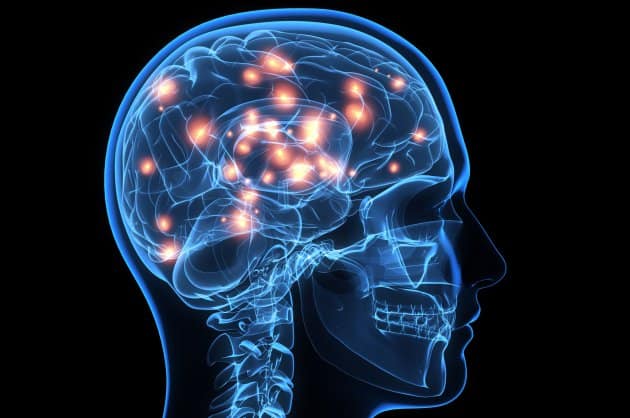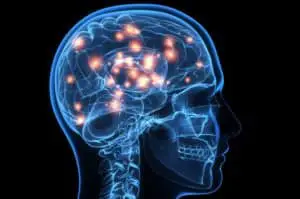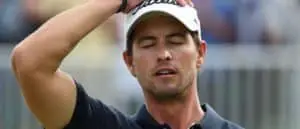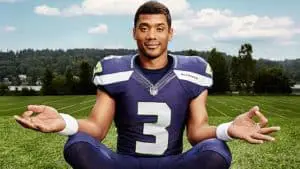Table of Contents
In our drive to be happy we become unhappy
–Jeff Foster
Overthinking and Overdoing
Many articles have been written about the need for balance in our lives. Current trends are to be compassionate with ourselves and others, that we should build “down time” in our schedules, and that we all need to meditate. I believe in these behaviors and often promote them. But I loved reading some of the ideas of Jeff Foster in his book, The Way of Rest.
He offered such a great reminder that sometimes we try too hard to get somewhere or stop something or not think so much. And that we try too hard at even the good stuff, like the behaviors that are supposed to give us happiness or feelings of being more calm.
Have you ever done this yourself? Have you ever put pressure on yourself to do all the “right” things only to find yourself stressed that maybe you didn’t do your yoga correctly or enough, or you didn’t eat as clean as you think is needed? All of these actions that we try too hard at lend themselves to overthinking. And, I think one of the more stressful ways we engage in overthinking is wondering if we are enough……in so many ways.
Did I do enough? Work-out enough? Eat well enough? Did I practice enough? Did I practice the right drill long enough?
I am learning there is no place of perfection, no sacred place where everything is just enough. In seeking happiness, or to do our best, we sometimes make ourselves more stressed.
*This post may contain affiliate links. As an Amazon Associate we earn from qualifying purchases.
Athletes and Overthinking
In sports, overthinking is considered to interfere with one’s best performance. As Sian Beilock noted in her book, Choke, worrying and trying not to have worry thoughts use up working memory. They are not a good use of brain power and we may not make our best decisions in the moment. Interestingly, she also noted that when people are concerned about themselves and their performance, they tend to try to control their movements to have their most optimal performance. In other words, they try too hard to have the right or the perfect motions. Because of this, they actually don’t perform well. Do you do this in your life in some manner?
This idea, that when we try too hard we actually interfere with a good performance, is a great concept to apply to our lives in general. When we try too hard to be happy we become unhappy (Jeff Fosters!).
Steps We Can Take to Simplify
1. One key is to learn to narrow one’s focus on the task at hand.
This sounds simple. It is not. But, perhaps we can all learn from this idea, that maybe a really good step we can take in this busy world is to attempt to be present at a task rather than trying to do too many tasks or trying to get everything we are doing to be exactly correct. It is more about being present in the moment of the task. In some ways, this reminds me of playing as a kid. When the game you were engaged in was so mind-absorbing, you lost track of time. But, as a kid, very few of us tried too hard or engaged in overthinking when we were playing. We simply did it. How can we do this as adults? How do you become less self-conscious and more absorbed in the task?
2. A second key is making a connection with yourself.
What does this mean? The goal is to be in your body, not just your head. This is one reason I enjoy yoga. The challenge I often give myself is to note how my body feels as it moves through a pose and not to engage in analyzing it. I attempt to feel rather than think. This is a huge challenge. I am not convinced I can totally feel without thinking, so give this a try yourself. Through feeling a pose I am connecting with myself. I have to give credit to a yoga teacher who said: What are your body signals? Do not overrule your body signals, pay attention to them. I had been in the habit of just doing the poses and pushing through for years until she said this. Now I attempt to hear my body.
3. The need for us to pause
Finally, in an article in Mindful magazine, Hougaard and Carter wrote about the addiction to “doing” and the need for us to pause. They point out that many of us are constantly chasing short-term wins. We keep ourselves too busy chasing details, and in this way, we lose sight of more important goals. They offered these suggestions for you to ponder:
Consider These Steps for Pausing
- The next time you get to your office or your practice, just as you are about to get in action, sit down and look out the window or at your computer screen.
- Don’t act. Don’t talk. Don’t solve a problem. Just sit. Do nothing. For three minutes.
 If you find this difficult, if you are challenged by doing nothing and get restless and have a strong urge to be busy—you are experiencing some degree of action addiction. They describe how this busyness is related to dopamine in our brain. I often challenge athletes to take two-minute breaks throughout their day to do “check-ins” and note how their body feels. Do they need to take a few deep breaths? Is their mind racing? If so, what can you do to center and be back in your body? Consider doing this yourself. Again, can you be in your body and less in your thinking?
If you find this difficult, if you are challenged by doing nothing and get restless and have a strong urge to be busy—you are experiencing some degree of action addiction. They describe how this busyness is related to dopamine in our brain. I often challenge athletes to take two-minute breaks throughout their day to do “check-ins” and note how their body feels. Do they need to take a few deep breaths? Is their mind racing? If so, what can you do to center and be back in your body? Consider doing this yourself. Again, can you be in your body and less in your thinking?
Good luck!




